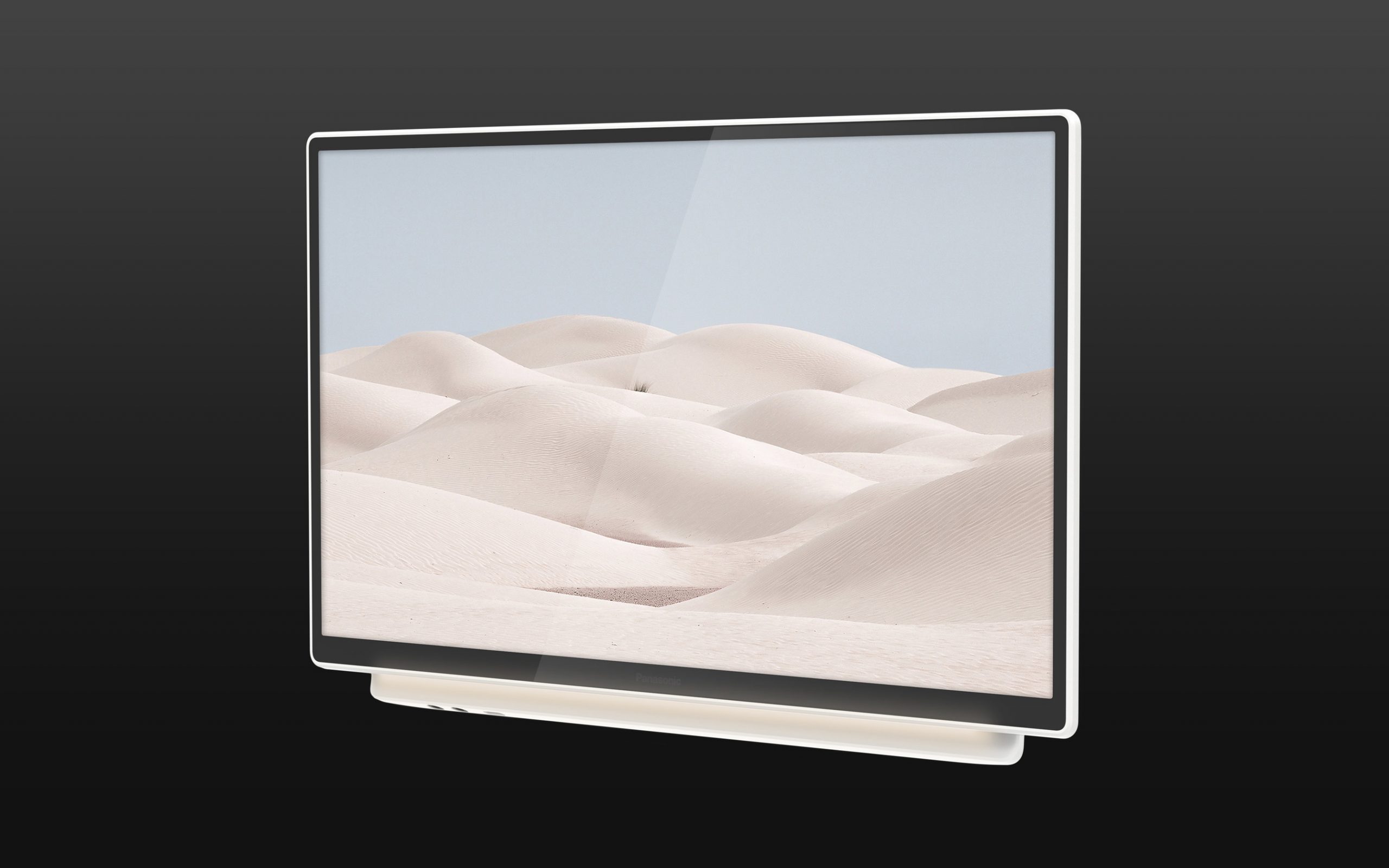HAMBURG – AIRCRAFT INTERIORS EXPO — STAND 4A10 — Panasonic Avionics Corporation (Panasonic Avionics) today unveiled the future of airline passenger engagement with the launch of its new in-flight entertainment (IFE) seat-end system, Astrova, by Panasonic Avionics.
Ken Sain, Chief Executive Officer of Panasonic Avionics Corporation, said, “The launch of Astrova by Panasonic Avionics reflects a transformation in our business, how we develop our products, and how we engage with our customers. Astrova is the first in-flight entertainment solution to truly recognize the untapped potential of seatback IFE and provides airlines with a powerful and targeted way of engaging with their passengers every time they fly.”
Astrova, by Panasonic Avionics, demonstrates the company’s new approach to the market and its mindset in developing products and services to help airlines drive higher net promoter scores (NPS), enhance passenger engagement, increase revenue, and deliver operational efficiencies through IFE and connectivity. It leverages the latest consumer innovations to deliver unique passenger experiences that help carriers achieve their business goal. Several major airlines have selected Astrova, an innovative solution that also has the ability to provide easy, modular upgrades to in-cabin technology without full or costly interior changes.
An Enhanced Passenger Experience
On board Astrova-equipped aircraft, every passenger will immerse themselves in cinema-grade 4K OLED screens with High Dynamic Range (HDR) for the absolute best possible picture quality today. Passengers also will enjoy high fidelity audio through traditional wired connections or via Panasonic Avionics’ award-winning Bluetooth technology. By seamlessly interfacing their personal devices to the IFE system, passengers can create a multi-screen, multi-purpose environment which they are accustomed to at home.
As an industry first, Astrova by Panasonic Avionics will provide dedicated 67W of USB-C power to fast-charge passenger devices including notebooks and laptops.
Panasonic Avionics’ newest IFE seat-end solution also features programmable LED lighting that enhances passenger experience and enables airlines to optimize the cabin environment. Airlines can easily change the lighting to complement various phases of flight like food and beverage service. They also have the option to let passengers customize the lighting experience to their own personal preferences.
Maximizing Value to Airlines
Astrova, by Panasonic Avionics, redefines the role of the seatback IFE and reinforces its position as the most valuable opportunity for airlines to engage with their passengers. Because the average flight today is five hours, in-seat IFE offers a much longer dwell time than airline apps and other marketing channels. Astrova has been designed to provide significantly more opportunities to immerse passengers in an airline’s brand experience for both single-aisle and twin-aisle aircraft.
The solution is a seamless blend of newly developed hardware, software, and enterprise solutions that revolutionize the in-flight entertainment experience. Astrova lets airlines optimize the seatback to their individual commercial objectives, transforming it into an easily configured, flexible channel that caters to the personal and business needs of passengers each time they board an aircraft.
It also will be augmented and enabled by Panasonic Avionics’ global in-flight connectivity services. This allows airlines to easily personalize passenger content to engage them on a deeper level by providing access to passengers’ personal subscription services and content such as Apple Music, Spotify, Netflix, Disney+, YouTube, and HBO Max.
Maximizing the Return on Investment
Astrova, by Panasonic Avionics, re-imagines the ownership experience by delivering a range of commercial and operational benefits to airlines. Operational expenditure has been reduced by its ability to deliver faster on-wing maintenance and future upgrades.
Sustainability Contribution
To help airlines meet their sustainability goals, Astrova offers significant weight savings compared to other seat-end architectures, which will help airlines reduce fuel burn to help meet the airline industry’s climate goals.
Designed with modularity, scalability, and flexibility in mind, Astrova addresses the needs of modern airlines operating in today’s fast-changing market. Key hardware and software components can evolve over time to meet changing market requirements and satisfy ever-increasing passenger expectations. For example, a removable peripheral bar gives airlines the ability to easily add, upgrade or remove features such as USB power, Bluetooth, audio, and other options.
It is also designed to be backward compatible with other Panasonic Avionics systems such as eX1, eX3, and NEXT, enabling operational commonality in areas such as media loading, spares and repairs for some line replaceable units, and cabin crew operations.
Andy Masson, Vice President of Product Development at Panasonic Avionics Corporation, said, “Astrova, by Panasonic Avionics, not only redefines in-flight entertainment but does so using a modular architecture that enables airlines to tailor it to support their individual commercial needs. The engaging, immersive, and connected experience it creates for passengers is matched by an operational ease of ownership that makes Astrova a win-win for airlines.”

